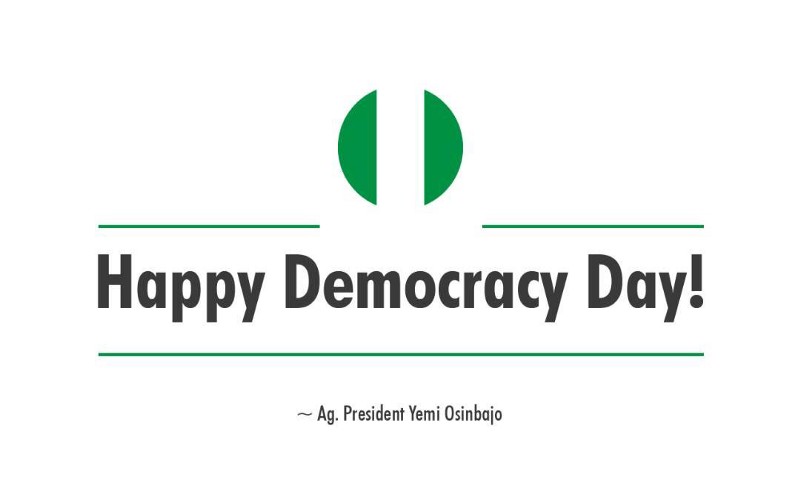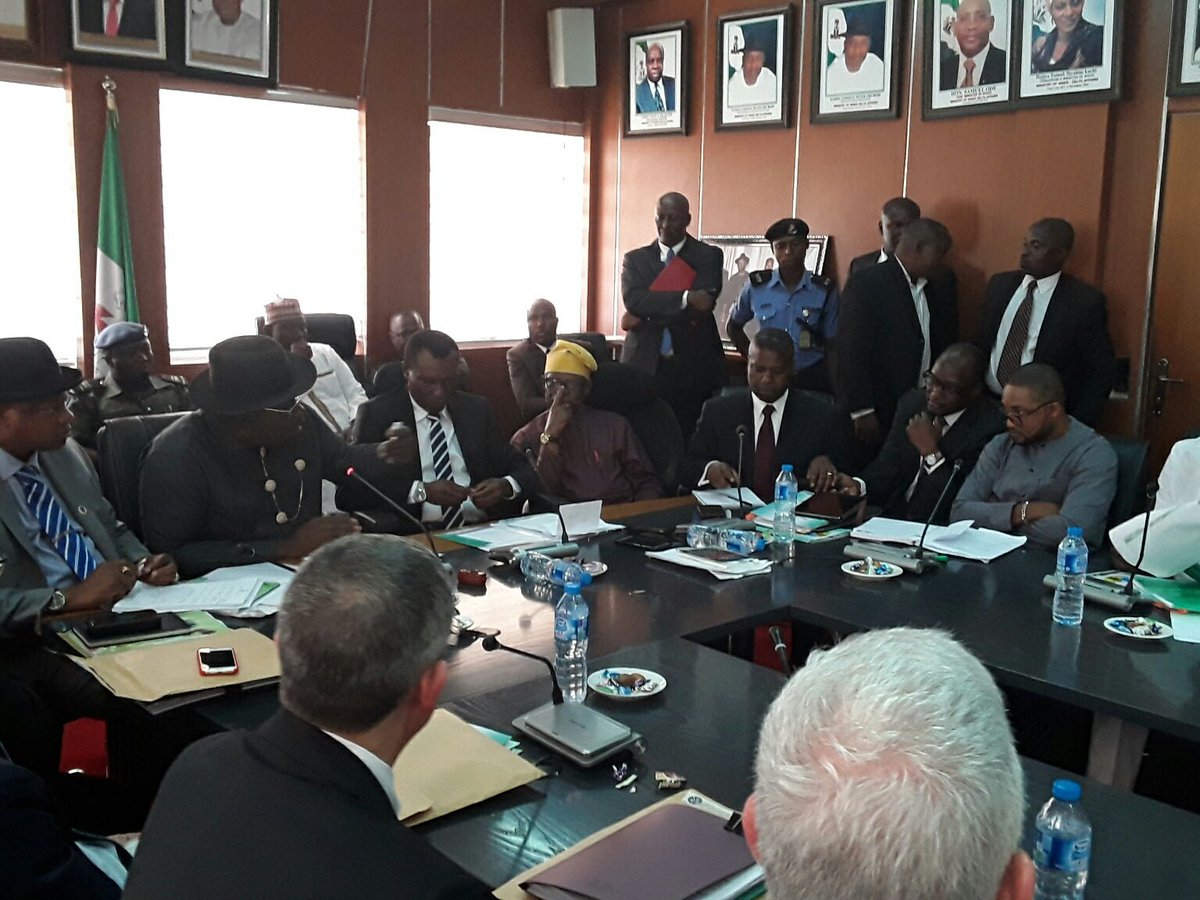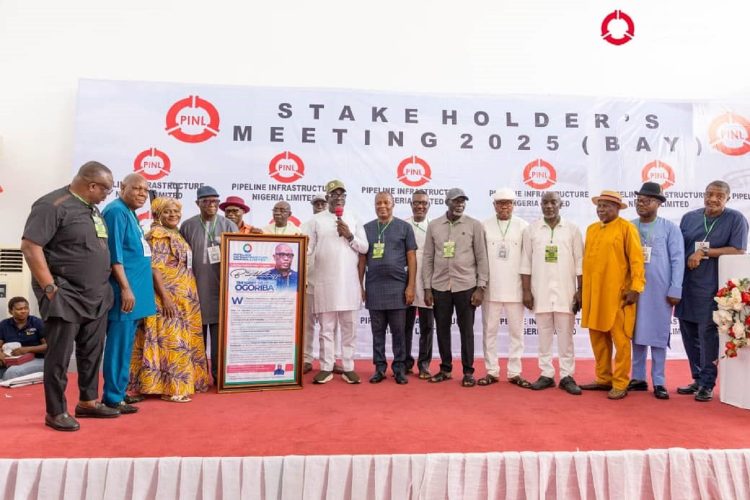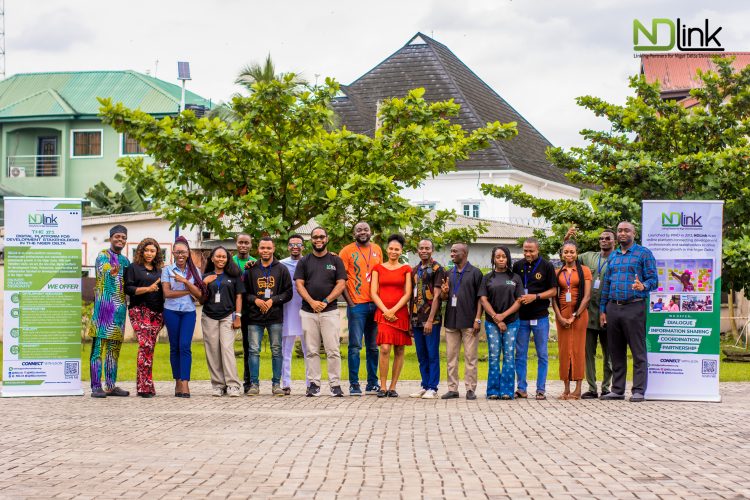
What VP Osinbajo said about the Niger Delta in his Democracy Day Address
May 29, 2017
About Yesterday’s Niger Delta Stakeholders Meeting Held in Abuja
May 31, 2017Kenya’s renewable energy market and ecosystem particularly for solar energy (off grid solar PV and solar home systems) is unarguably the most successful in sub-Saharan Africa and the world. It has one of the largest per capita markets in the world –its level of product development, penetration and growth, consumer base, use of innovative solutions especially smart metering and mobile payment systems, and efficient customer service has remained a subject of learning in the sector, particularly for other African countries.
In a previous article, I highlighted Nigeria’s poor energy policy environment compared to the other 110 countries that were studied for the Regulatory Indicators for Sustainable Energy (RISE) report. What I didnot highlight is that Kenya is the only sub-Saharan African country that scored tops for all three categories – energy access, energy efficiency and renewable energy. The other countries in the developing world that scored highly in the three categories were India and Sri Lanka. Compared to Nigeria’s overall score of 22, 11 and 29 for energy access, energy efficiency and renewable energy respectively, Kenya’s scores are 82, 48 and 63 respectively. Easily observed is the fact that Kenya’s phenomenal solar market development is reflective of a good and enabling sustainable energy policy environment. What this means is that the huge success of Kenya’s solar market is a result of deliberate government and development sector policy interventions that align and connect with other market interventions and activities.
This corroborates the findings of a research team at Sussex Energy Group (Science Policy Research Unit at the University of Sussex, United Kingdom) which provided a clearer understanding of what has contributed to Kenya’s success. They argue that hardware financing – financial investments in the demand and supply sides of solar technologies – and private sector entrepreneurship focusing on investing venture capital in entrepreneurs to drive and grow the market at the micro economic level, are not the only contributors to the Kenyan success as many have long believed. Rather the success was as a result of policy interventions that understood the need for a systemic approach in nurturing innovation and technological change through policy. This systemic approach leads to interventions in a wide range of areas that is generally regarded as creating an enabling environment.
The question is how can policy interventions help create the enabling environment that is required for the kind of success that Kenya has achieved? The authors argue that the overall goal of policy must be to build functioning socio-technical innovation systems that add to other efforts for the transfer, development and diffusion of sustainable energy technologies that meet the needs of all groups of consumers. Goals of policies and interventions must intentionally (1) build networks of diverse stakeholders; (2) foster and share learning; (3) promote the development of shared visions; and (4) support diverse experimentation. Two examples of how these can be achieved are the creation of sustainable energy access relevant innovation-system builders (SEA-RIBS) and using projects and programmes to build socio-technical innovation systems. The system builders are the institutions, including national and international companies, agencies, donors, networks, groups and financial institutions,that work to provide and improve relevant energy access support which may be needed in the implementation of relevant energy access projects and programmes.
In Nigeria, the mandate to lead energy access interventions – projects and programmes especially for rural areas – falls on the Rural Electrification Agency (REA) which is leading government’s effort to electrify rural communities in Nigeria. Unfortunately, in the recent past, REA has failed to provide the leadership that is required of it. Its projects and programmes funded through the Rural Electrification Fund (REF) have failed to build networks of diverse stakeholders, foster and share learning, promote the development of shared visions and support diverse experimentation. Projects have been treated more like a transactional activity than an experimentation and development activity to support learning that will help build systems. Recently, some stakeholders in the renewable energy sector especially project developers, have expressed their displeasure over the contract awarding process in the agency. For instance, the bill of quantities for some of the projects advertised by the agency does not meet industry standards and therefore cannot be executed, even if the projects can work with little or no challenges. The fear is that if solar projects are implemented based on a bill of quantities that are not standardized, not only will the projects fail to deliver on expectations, they will most likely breakdown within a short timeframe, which will start a bad story for solar technology. Project developers in Nigeria are already doing their best to change the bad image given to solar technology over the years due to badly implemented government solar projects. To invest 2 billion Naira of the Rural Electrification Fund on projects which are likely to breakdown in a short time impedes and reverses the efforts of the renewable energy sector to use solar energy to improve energy access in Nigeria. The agency must look at itself as the leading sustainable energy access innovation-system builder who must consciously look at its mandate as not just electrifying rural communities but also building a socio-technical innovation systems. This should be done by applying a broad systemic approach to the way it interacts with other stakeholders, designs and implements policies and interventions.
It is interesting to note that recently, the Federal Government inaugurated a new board for the Rural Electrification Agency whose Executive Director (Rural Electrification) is Dr Sanusi Ohiare, who holds a PhD in Rural Electrification. As my friend and colleague, I have reminded Dr Ohiare of the enormous responsibility that he has on his shoulders to ensure with the rest of the board that the right things are done at the agency to help build a sector that is resourceful in effectively meeting its mandate. One that is efficient in assisting to create an enabling environment for energy access and building a renewable energy sector and market that is successful. It is my earnest hope that the new board understands that its projects, programmes, policies, interventions and activities can make or mar the actualization of universal sustainable energy goals in Nigeria and beyond.
Okafor Akachukwu
Okafor Akachukwu is the Energy and Environment Editor, The Initiative for Policy Research and Analysis (InPRA) and a Science Policy Research Unit (SPRU), University of Sussex trained Energy Policy, Innovation and Sustainability Expert. Email: akachukwu_okafor@yahoo.com
Culled from: Business Day









